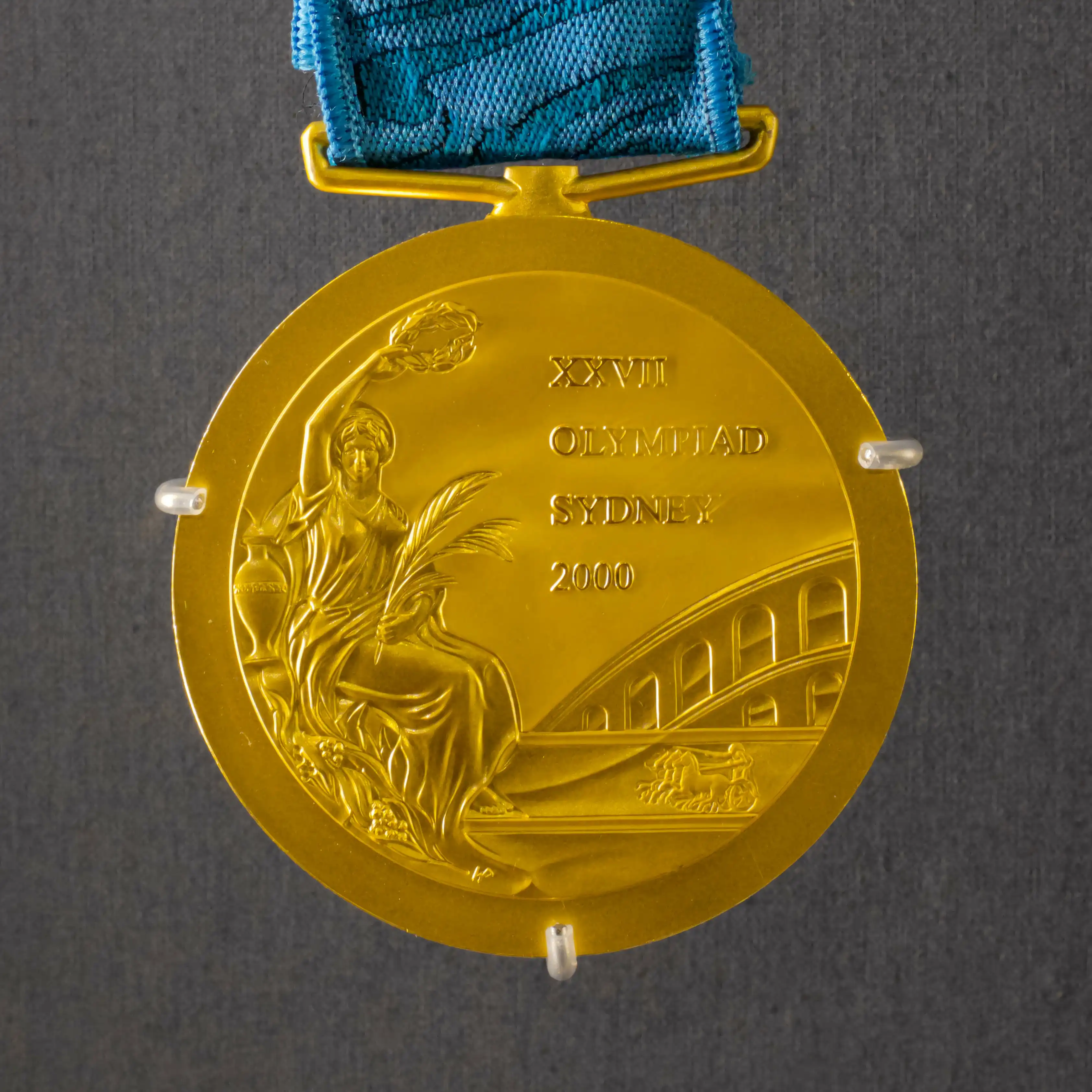A medal in the olympics runs in the family: A cohort study of performance heritability in the games history Elite services in sport are known to be influenced by hereditary components, but the size of such an influence has never been quantified. In this study, the hypothesis was set up that a former world-class champion in the family increases the opportunities of an athlete to repeat the achievement of his relationship. We wanted to measure the inheritance of a medal at Olympic Games with participants in Olympic Games and estimate the percentage of the genetic contribution to such an inheritance. All 125'051 athletes worldwide that have participated in Olympic Games between 1896 and 2012. The expected probability to win a medal at Olympic Games was defined as a frequency of medal winning with participants in Olympic Games without a blood relief on Olympic Games. This expected probability was compared with the likelihood that a medal could be recovered for Olympicones, which had a relatives (grandparents, aunt / uncle, parent or sibling) in a former participants at Olympic Games, which was a non-medalist or medal winner. The heritamility of the genetically determined phenotype was evaluated by examinations between Dizygoten (DZ) and Monozygotes (MZ) twins. The expected probability of winning a medal at Olympic Games was 20.4%. In the subgroups of Olympic participants with a relatives without a medal, no significant difference of medal probability was detected except for siblings in which this probability was lower. The medal probability was significantly higher in Olympic arts related to a former Olympic champion: 44.4% for niece / nephew, 43.4% for offspring, 64.8% for siblings, 75.5% for double cycling, and 85.7% for MZ twins with clearGreater match between MZ as DZ. A kinship with a former Olympic medal winner is associated with a higher probability that an Olympic participant will also become medal winner.The closer an athlete is genetically at such a kinship, the greater this probability.
Can start an athlete at the Olympic Games, the genetic contribution to winning a medal is estimated at 20.5%. The very interesting work can be found under http://www.frontiersin.org/articles/10.3389/fhys.2018.01313/full
